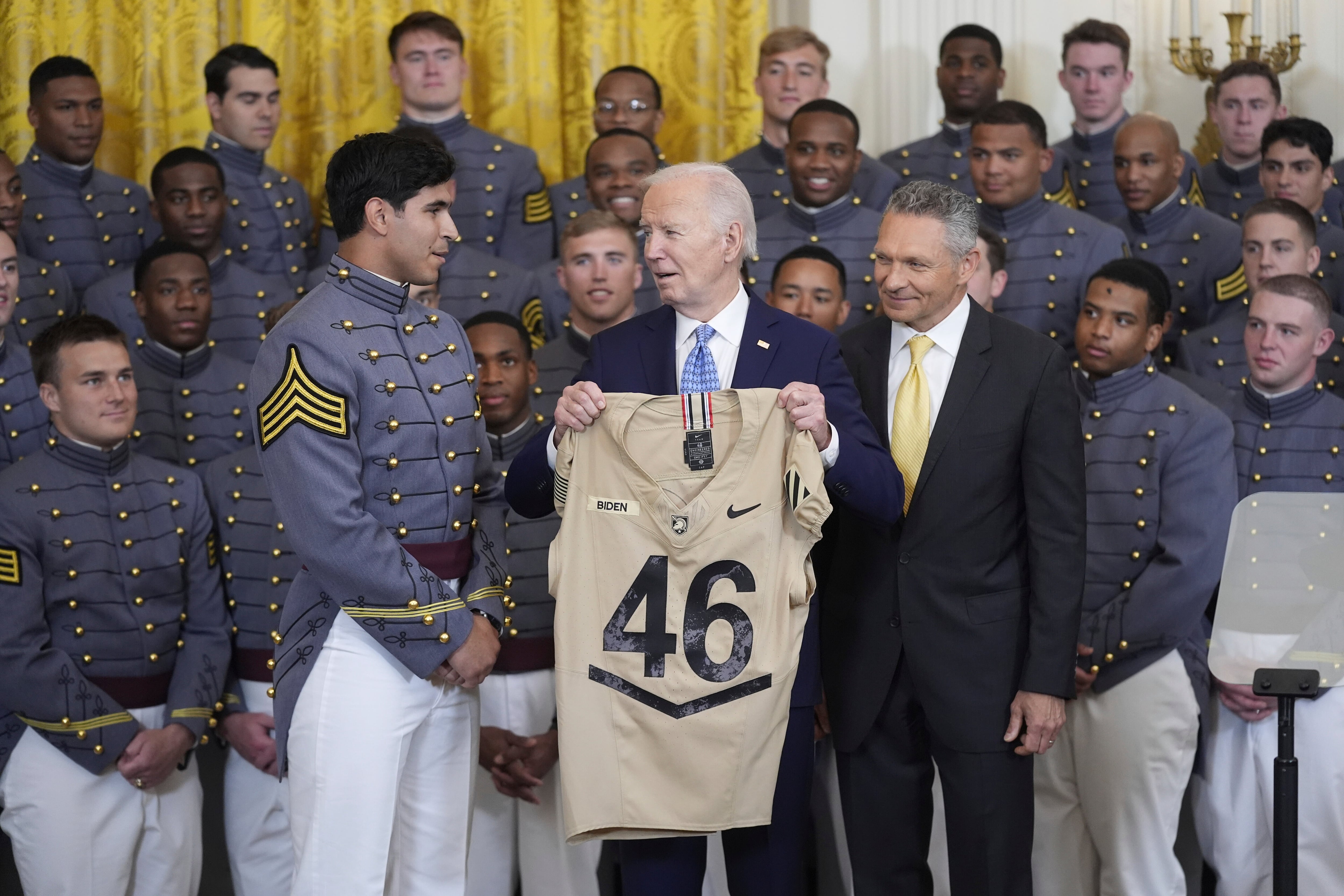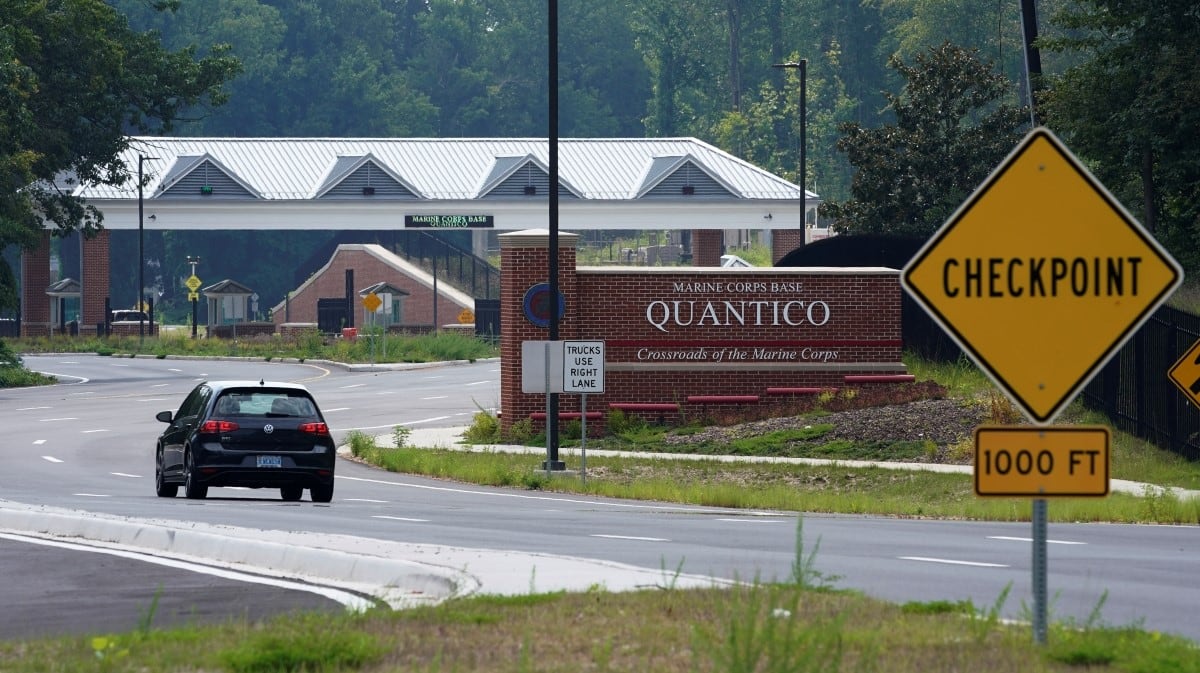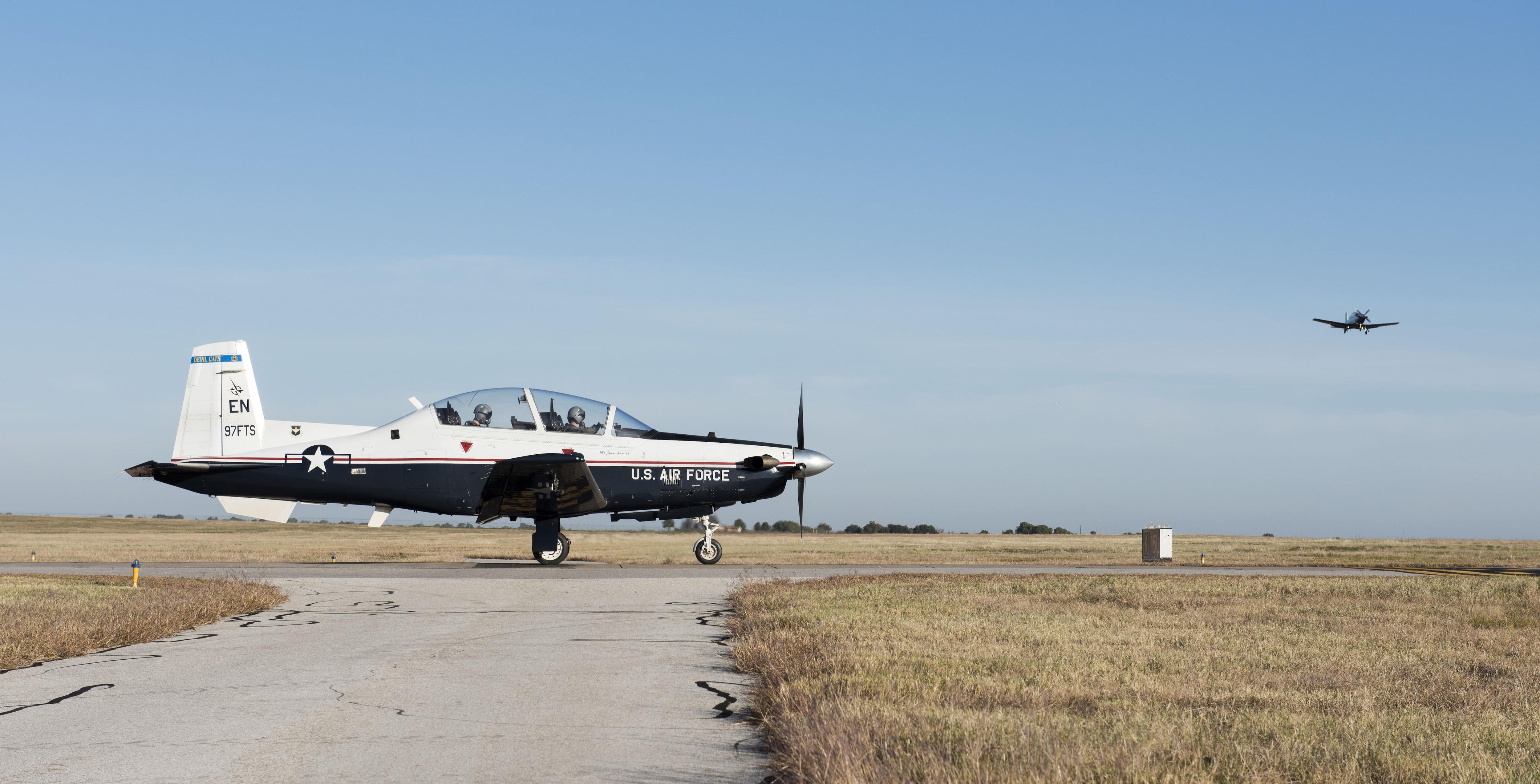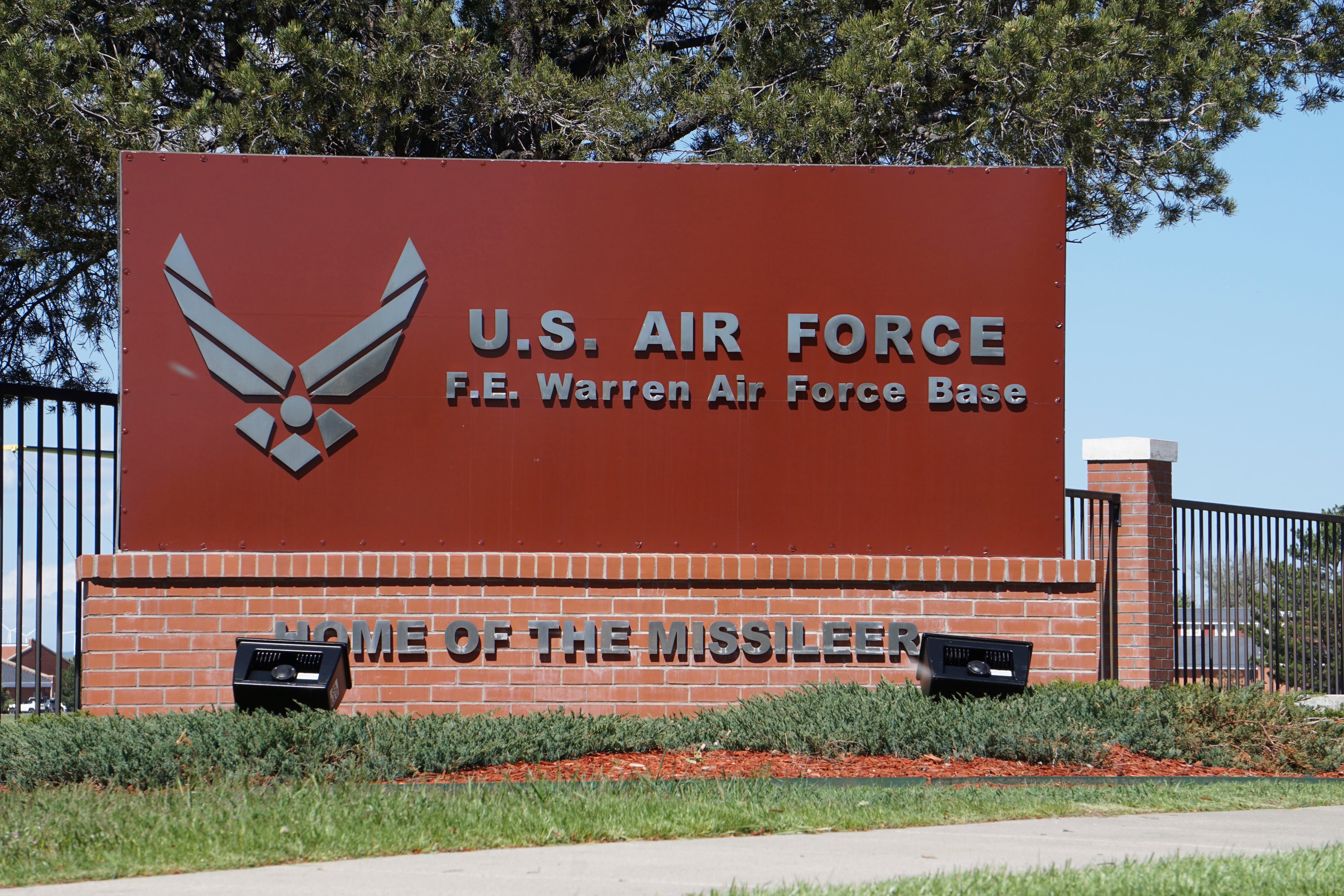Updated May 21, 2020, at 7:16 p.m. EST.
WASHINGTON — The Trump administration has made a final decision to withdraw from the Open Skies Treaty, sources confirmed to Defense News on Thursday.
The news was confirmed by U.S. President Donald Trump midday, followed by a formal announcement by Secretary of State Mike Pompeo that the administration will make a formal notification on Friday, kicking off a six-month clock before a formal exit occurs.
“We may, however, reconsider our withdrawal should Russia return to full compliance with the Treaty,” Pompeo said in a statement.
What “full compliance” means, however, is unclear. Chris Ford, assistant secretary of state for international security and nonproliferation, told reporters there are “many variables” as to what that would entail, particularly as a number of American complaints about Russian activities involve behaviors that, Ford acknowledged, are “not in fact violations of the treaty.”
As an example of the latter, Ford pointed to restrictions on flights over Kaliningrad. Russia has in the past restricted the length of flights over the city, which is not a direct violation but contradicts the confidence-building nature of the agreement, Ford said.
That Russia will sometimes loosen those restrictions, such as earlier this year for an Open Skies flyover by Estonian, Lithuanian and American observers, is proof that the Kremlin “clearly regards its Open Skies legal obligations as something akin more to guidelines, or options, for them,” he argued.
“It’s the combination of all those things that has led to this decision. And so were Russia to return to compliance, we would have to presumably make that decision at the time about what to do with it, do in response to that, on the basis of the circumstances that have changed at that time,” Ford said. “Just as our decision now has many variables, we have to sort of see what the net impact of Russian behavior at that time in the world is. But that’s a conversation we would very much like to have, if Russia would give the world the opportunity to see that happen.”
In a statement released online, the Russian Ministry of Foreign Affairs called the move “very regrettable" and hit at the Trump administration’s “general policy” of going after arms control agreements.
International discussions
The administration Thursday morning began informing the other 34 members in the agreement, which allows mutual reconnaissance flights over the member nations, including Russia. An emergency meeting of NATO members is scheduled for Friday in Brussels, per multiple reports.
The move, first reported Thursday by The New York Times, was not a surprise, as administration officials signaled to European allies toward the end of last year that unless major changes were made to the overflight agreement, the U.S. would consider withdrawing. However, there had been little movement in the months since, giving advocates hope that a decision to exit the treaty had not been finalized.
“It was pretty clear from meetings that it was basically a done deal and it was just a matter of when,” one European source said.
Allies generally argue the treaty is a valuable channel for transparency and dialogue between Russia and the United States, the world’s top two nuclear superpowers. Critics of the treaty have argued that the U.S. gets better intelligence from satellite systems and that the funding to replace the aging OC-135 aircraft can be spent elsewhere.
A second European source acknowledged that Russia has not always complied with the treaty, but said there was a sense that those issues could be resolved. The source predicted that those NATO members who are also part of the treaty will remain, but was unclear what Russia will do next.
“If you’re Russia, you can stay in and take the moral high ground, say, ‘We still honor international treaties, even if America doesn’t,’ or you can say the treaty is diminished beyond usefulness and you pull out. I don’t know which they’ll do, but neither is good for NATO," the source said.
The source added that while it is true the U.S. gets its best intelligence from its satellites as opposed to OC-135 flights, focusing entirely on that is “selfish” because “a lot of NATO allies rely on Open Skies for visibility into what goes on in Russia.”
The Pentagon released a statement late on Thursday, saying “The United States has been in close communication with our Allies and partners regarding our review of the Treaty and we will explore options to provide additional imagery products to Allies to mitigate any gaps that may result from this withdrawal.”
Key Democrats and arms control advocates quickly denounced the administration’s withdrawal plans as dangerous and destabilizing to America’s relationships with allies, with former CIA director Michael Hayden, a frequent Trump critic, decrying the move as “insane.”
Conservative voices applauded the move as Trump standing up to Russia’s violations of the treaty. Sen. Tom Cotton, R-Ark., expressed his belief the funding that would have gone into repairing the OC-135 should now go toward broader nuclear modernization.
House Armed Services Committee Chairman Adam Smith, D-Wash., and House Strategic Forces Subcommittee Chairman Jim Cooper, D-Tenn., blasted the administration for defying a requirement in the 2020 defense policy law that Trump first give Congress 120 days’ notice. Multiple communications with Congress on the issue had “gone unanswered,” they said.
“The Administration’s decision to withdraw the United States from the Open Skies Treaty is a slap in the face to our allies in Europe, leaves our deployed forces in the region at risk, and is in blatant violation of the law,” they said in a joint statement. “This decision weakens our national security interests, isolates the United States since the Treaty will continue without us, and abandons a useful tool to hold Russia accountable."
When signing the defense policy legislation into law, Trump indicated he didn’t consider himself bound by the requirement, citing his executive powers.
“I reiterate the longstanding understanding of the executive branch that these types of provisions encompass only actions for which such advance certification or notification is feasible and consistent with the President’s exclusive constitutional authorities as Commander in Chief and as the sole representative of the Nation in foreign affairs," the president’s Dec. 20 signing statement read.
Throughout its term, the Trump administration has been skeptical of arms control agreements. The U.S. and Russia walked away from the 1987 Intermediate-Range Nuclear Forces Treaty last August, and officials have expressed skepticism about renewing the New START nuclear agreement with Russia, which expires in 2021.
Aaron Mehta was deputy editor and senior Pentagon correspondent for Defense News, covering policy, strategy and acquisition at the highest levels of the Defense Department and its international partners.
Joe Gould was the senior Pentagon reporter for Defense News, covering the intersection of national security policy, politics and the defense industry. He had previously served as Congress reporter.










